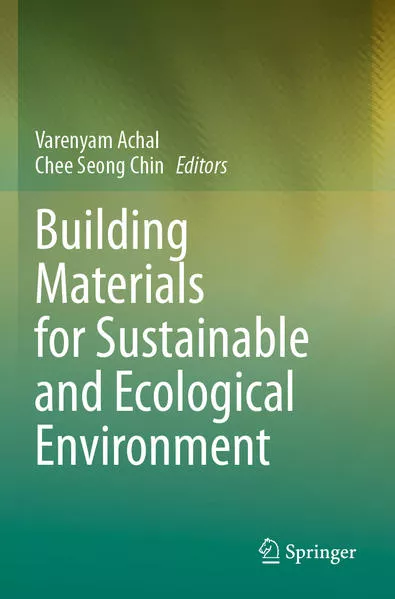
- Publikationen ca: 1
- Gefolgt von 1 Nutzern
- Fragen & Antworten
Achal, Varenyam
Professor Varenyam Achal is Professor in environmental engineering and Deputy Dean of Undergraduate Studies at Guangdong Technion – Israel Institute of Technology (GTIIT), Shantou, China.
Prof. Achal was awarded a Ph.D. from Thapar University, India. Prior to joining GTIIT, he was Professor at East China Normal University, Shanghai. He has a very broad interest in environmental biotechnology and biological-based building materials. Some of his original research has had a global impact on microbially induced calcite precipitation and attracted worldwide attention. He has authored more than 100 research articles, book chapters, patent and technical reports. Earlier Prof. Achal has edited a book “Ecological Wisdom Inspired Restoration Engineering” published by Springer.
Professor Chee Seong Chin is Dean of Learning and Teaching of Xi'an Jiaotong-Liverpool University, supporting the University in the operational delivery of its academic strategy and the ongoing coordination of learning and teaching. Professor Chin sits on the Senior Management Team Committee, Academic Strategy Group and Academic Board as well as chairs multiple University-level committees/boards/panels that are responsible for overseeing the general policies and practices related to learning and teaching.
Professor Chin received his First-Class B.Eng. (Hons) and Ph.D. degrees in Civil Engineering from Swansea University, UK, and has more than 15 years of experience working in international higher education institutions. He is the Founding Director of the Institute for Sustainable Materials and Environment and Founding Head of the Centre for Advanced Fibre Reinforced Concrete Technology. He was previously Head of the Department of Civil Engineering.
His primary research interests are fibre-reinforced cementitious composites as well as sustainable construction and building materials. Professor Chin has acquired over 15 million RMB of research grants; produced more than 80 research articles, patents and technical reports; supervised 17 Ph.D. students for their dissertations; and founded/directed 5 academic programmes at undergraduate and postgraduate levels.

Building Materials for Sustainable and Ecological Environment
This book uses theories, hypotheses, policies, practical insights and case studies to introduce and elucidate green building materials for sustainable construction. Cement is the most widely used building material in construction; however, it is not sustainable, being responsible for 7% of global carbon dioxide emissions and consuming huge quantities of energy.